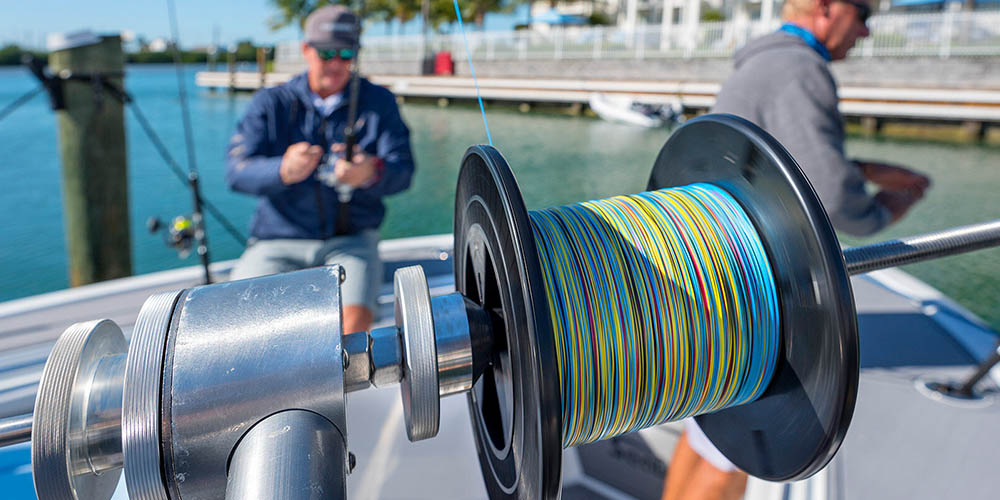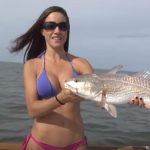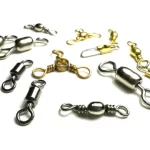Selecting the right fishing line is crucial for a successful fishing trip. This guide will help you navigate the different types of lines, their properties, and how to choose the best line for your needs.
Understanding Fishing Line
Fishing line acts as the critical connection between your lure or bait and the fish. It plays a vital role in casting, fighting, and ultimately landing your catch. Here’s what to consider when making your selection:
- Types of Line:
- Monofilament: The most common type, known for affordability and ease of use. It offers good stretch for shock absorption but can have memory and visibility issues.
- Braided Line: Exceptionally strong and thin for its diameter, offering excellent castability and sensitivity. However, it has little stretch and can be trickier to knot.
- Fluorocarbon: Nearly invisible in water, ideal for clear conditions or wary fish. It offers moderate stretch and abrasion resistance but can be more expensive.
Choosing Line Strength
Line strength, measured in pounds (lb) or test (e.g., 10 lb test), should generally match the size of fish you’re targeting. Lighter lines provide better feel and castability, while heavier lines offer more strength for battling larger fish.

Line Properties
- Castability: Smooth, lightweight lines cast farther and more accurately. Braided lines excel in this area.
- Stretch: Less stretch translates to better sensitivity, but some stretch is desirable for shock absorption, especially when trolling. Monofilament offers a good balance.
- Memory: Lines with low memory cast smoother and experience less friction on guides and reels. Braided lines typically have minimal memory.
Additional Tips
- Line Strength at Knots: Lines lose strength at knots. Consider sizing up slightly to compensate.
- Shock Resistance: Choose a line that can withstand the impact of a hard-striking fish.
- Balance Your Tackle: Match your line weight to your rod and reel for optimal performance.
- Fresh Line: Line degrades over time. Respool regularly for optimal strength and performance.
- Buy Extra: It’s always a good idea to have extra line on hand, as you may lose more than you expect.
By considering these factors and following these tips, you’ll be well on your way to selecting the perfect fishing line for your next angling adventure!
Image/Source: WestMarine





